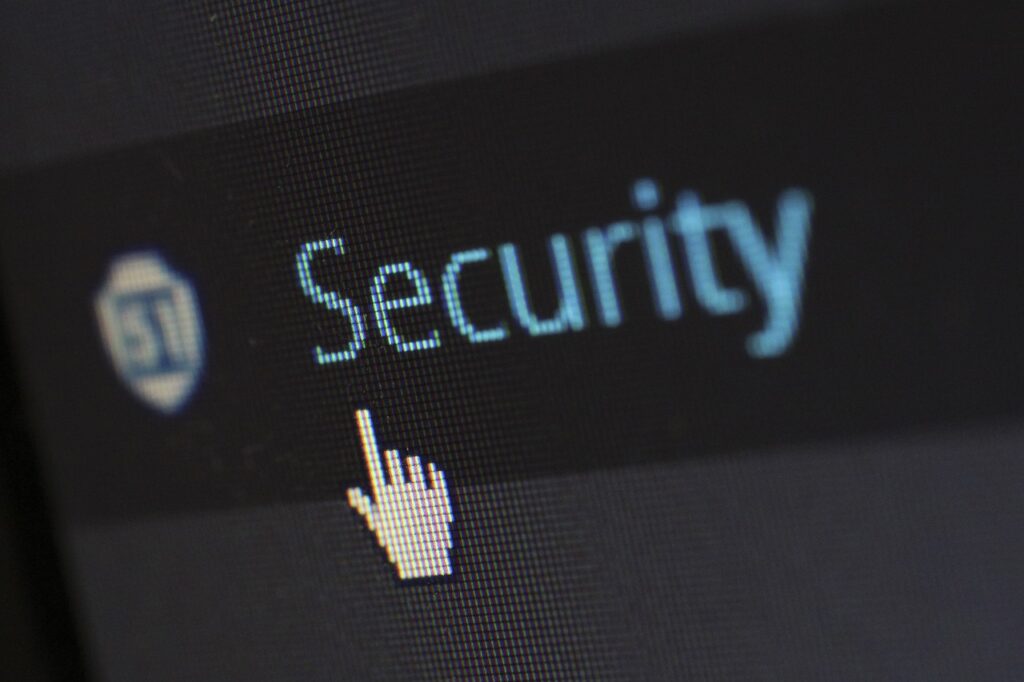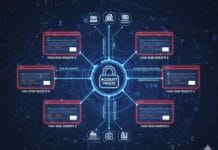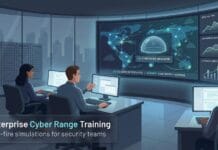
Staying ahead of rapidly evolving challenges is paramount in security operations. Security professionals are constantly seeking innovative ways to improve the skills and readiness of their teams.
Security guard management software is now pivotal in revolutionizing how guards are prepared for the complexities of modern security tasks. This article will discuss the technological tools and methodologies that set new security training standards.
Interactive and Immersive Training Modules
One of the most significant shifts in security training is the adoption of interactive and immersive training modules. These platforms use virtual reality (VR) and augmented reality (AR) to create realistic scenarios that guards might face in the field. Imagine donning a VR headset and finding yourself in a high-stakes situation, such as managing a large crowd or dealing with an active threat.
This technology allows you to make decisions in real-time and provides immediate feedback on your actions.
Utilizing Mobile Training Applications
The power of mobile technology has also made its way into security training, with mobile applications that offer flexibility and accessibility. These apps provide on-the-go training that you can access anytime, anywhere, keeping your skills sharp and knowledge up-to-date.
Whether it’s refreshing your knowledge of legal compliance, first aid procedures, or communication skills, these apps ensure that training is just a few taps away. Moreover, security guard management software integrated into these apps allows tracking progress and performance, giving you and your supervisors real-time insights into your training journey.
Data-Driven Performance Analysis
To further enhance training outcomes, sophisticated algorithms and data analytics are now employed to analyze performance and personalize training plans. Security guard management software can gather data from various training sessions and use it to pinpoint areas where you excel or need improvement.
This approach ensures that your training is not one-size-fits-all but tailored to your needs and learning pace. Data-driven insights also help forecast potential training needs and prepare for them proactively, keeping your skill set relevant and robust against evolving security challenges.
The Gamification of Training
Gamification transforms traditional training paradigms into engaging and competitive experiences that boost motivation and enhance learning. By incorporating elements like points, badges, and leaderboards into training exercises, you learn, compete, achieve, and stay engaged.
This method proves especially effective in repetitive learning scenarios, making them less tedious and more dynamic. Security guard management software often includes gamification features, making these competitive training modules easy to implement and monitor.
Integration with Real-Time Operation Feedback
A key advantage of modern training tools is their ability to integrate learning with actual security operations. Some security guard management software systems are designed to provide real-time feedback from on-the-job performances.
For instance, after managing an incident, you could receive immediate feedback through the software, highlighting what was handled well and what could be improved. This immediate application of theory to practice reinforces learning and rapidly improves operational performance, ensuring that training translates directly into better job performance.
Remote Training Capabilities
In today’s globalized work environment, training remotely is invaluable. Online platforms and management software make it possible to conduct comprehensive training sessions without physical presence.
This capability benefits firms operating across multiple locations or guards working in remote areas. Remote training ensures that every security team member, regardless of location, receives the same high-quality training and updates.
Bolstered Collaboration Tools
Collaboration tools integrated within training platforms facilitate better interaction and communication among trainees and instructors. These tools support a community approach to learning, where guards can share experiences, solutions, and advice.
Streamlined collaboration builds a stronger team culture and fosters a learning environment where collective knowledge elevates individual performance.
Ongoing Training and Certification
With regulations and security threats continually evolving, ongoing training and certification have become crucial. Security guard management software typically includes features that manage and track certification renewals and ongoing education credits.
This continuous learning process ensures that you and your team remain certified and knowledgeable about the latest industry standards and practices, thereby maintaining high professionalism and compliance.
Conclusion
Given the complexities of modern security operations, leveraging technology through security guard management software is a necessity.
These innovative training approaches provide a strategic advantage, preparing you to meet and mitigate risks effectively. Integrating these ensures your training is comprehensive, engaging, and continuously evolving.





